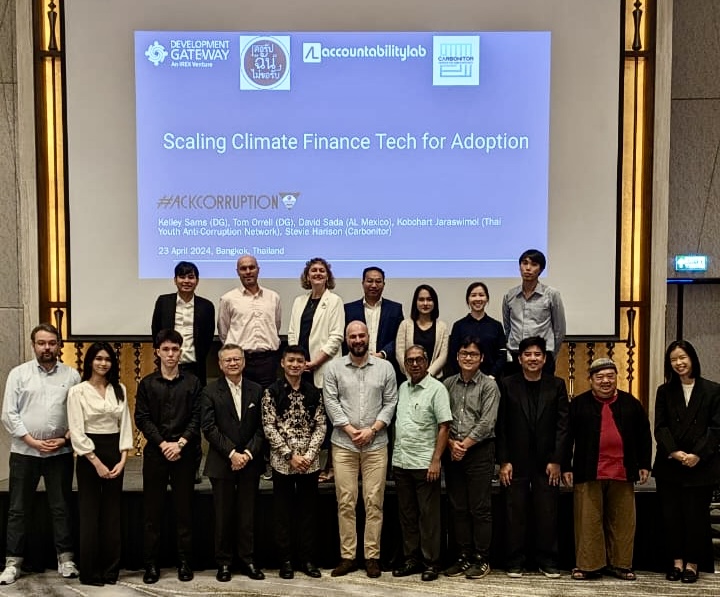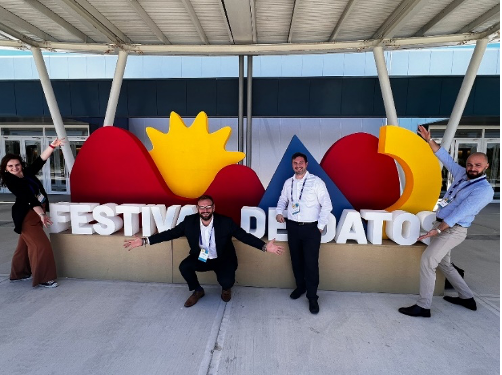It’s All About Relationships
A few weeks ago, Owen Barder took to the blogosphere to talk about what really effects change within countries, and the complexity of country systems. It’s not just that education in a country is poor, but that the country doesn’t have enough teachers, that citizens don’t have access to get a high enough education to become good teachers, that the government isn’t collecting and then spending enough money on education, that the families have no way to make known that schools aren’t working, etc.
Like any good relationship, it’s not necessarily that a problem arises, but how you work together to tackle the issue. In a functioning system, these different parts will work cohesively to overcome the problem. In a dysfunctional system, one or more parties/pieces of the system makes it difficult to tackle the issue.
We could use very similar language to what often causes these problems in direct relationships and what causes the issues within the system. It could be secret keeping, lack of trust, greed, pride, impatience, blaming, bickering, controlling, and unwillingness to compromise. Instead we call them things like “closed” systems and processes, corruption, scapegoating, and oppressive.
Owen gives a list of policies that make for good systems that can tackle problems well together. To take the metaphor too far, you might say they promote good communication and openness, are supportive of citizens goals, have a healthy give and take ratio, and embrace creativity to overcome challenges.
These are some of the markers to judge whether countries would pass the Amina Test as one blogger puts it. It’s the whole system that helps determine if Amina (and all other citizens) has the opportunity to succeed, or is continuously hindered in her pursuit.
This piece was originally posted on the First Tranche. Image from Chris Underwood.
Share This Post
Related from our library

The Future of Technology Governance and Global Development: Why DG Brought DataReady In-house
DG is excited to announce we now have more robust data governance advisory services with the recent integration of DataReady.

Letting the Sunshine in: Building Inclusive, Accountable, and Equitable Climate Finance Ecosystems
In April, DG, HackCorruption, and the Thai Youth Anti-Corruption Network hosted a roundtable in Bangkok to discuss climate financing. This blog explores the main takeaway: a multi-disciplinary and multi-stakeholder approach that prioritizes local contexts, inclusive governance, transparency, accountability, and equitable distribution of resources is essential to impactful climate financing.

Developing Data Systems: Five Issues IREX and DG Explored at Festival de Datos
IREX and Development Gateway: An IREX Venture participated in Festival de Datos from November 7-9, 2023. In this blog, Philip Davidovich, Annie Kilroy, Josh Powell, and Tom Orrell explore five key issues discussed at Festival de Datos on advancing data systems and how IREX and DG are meeting these challenges.